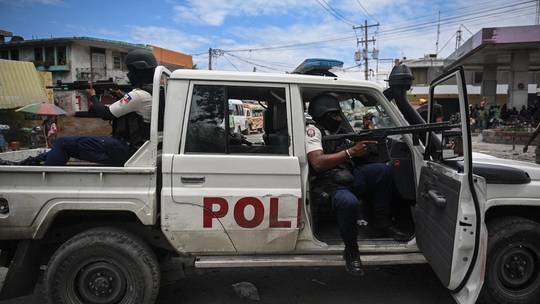DAILY TRUST
At the rate we are going, the World Bank will next be advising the federal government to sell off 10 million Nigerians to aliens on a distant planet in order to grow the economy by X per cent or reduce inflation by Y per cent. We are not joking. We are just, like many Nigerians, exasperated by the World Bank’s call to the government that “The price of petrol should be around N750 per litre more than the N650 per litre currently being paid by Nigerians”.
We are at a loss to understand precisely what benefits increasing fuel price—already unbearably high for most Nigerians at N650 per litre—by a further N100 per litre will bring for the Nigerian economy in this harshest of times, because the product is already selling above N700 in several northern and southeastern states, and will only rise to near N1000 by an official increase.
More broadly, the World Bank has praised the government’s “bold reforms” of fuel subsidy withdrawal and naira devaluation; has talked up the largely fictional cash transfers of N25,000 per month to five million poorest families as sufficient palliative measures to mitigate against the reforms’ rough edges; and then called for “several complementary reforms” like increasing VAT to support “Nigeria’s structural agenda and overall gain in competitiveness and economic diversification”, that is, more of the same tonic that is clearly killing the patient.
At Daily Trust, we are in complete disagreement with this position because the World Bank’s own data tells us that the reforms are not working. And as a newspaper, our daily reporting of the economic experiences and living conditions of Nigerians throughout the country also tells us differently.
First, the World Bank expects that with the government’s “bold reforms”, the Nigerian economy would grow at an average annual rate of 3.5 per cent over the next three years (2023-2026). That is, the economy will grow about 0.5% points higher than without the reforms. Is the growth rate of 0.5% per annum over three years sufficient reward for all the pain and distress inflicted on millions of Nigerians by subsidy withdrawal and naira devaluation?
Moreover, the NDU report shows that the poverty rate in Nigeria has increased from 40% in 2018 to 46% in 2023, that is, from 79 million poor Nigerians in 2018 to 104 million in 2023. But by 2026, the report claims, the poverty rate will reduce to 44% due to the positive impact of the reforms. We find this dispiriting instead because these figures simply mean a poverty reduction of just 2% in three years. Worse than that, the figures mean that poverty in Nigeria will still be higher in 2026 (44%) than it was in 2018 (40%).
Where then is the real reduction in poverty? What would a reduction of just 2% mean for a country of 104 million desperately poor people? The World Bank has preached those same reforms to Nigeria for more than a decade. But are the reforms just about the economic tokenism of 0.5% growth and poverty reduction of 2%? The NDU report is in fact the most definitive statement yet that Tinubu’s reforms are not working as hoped.



